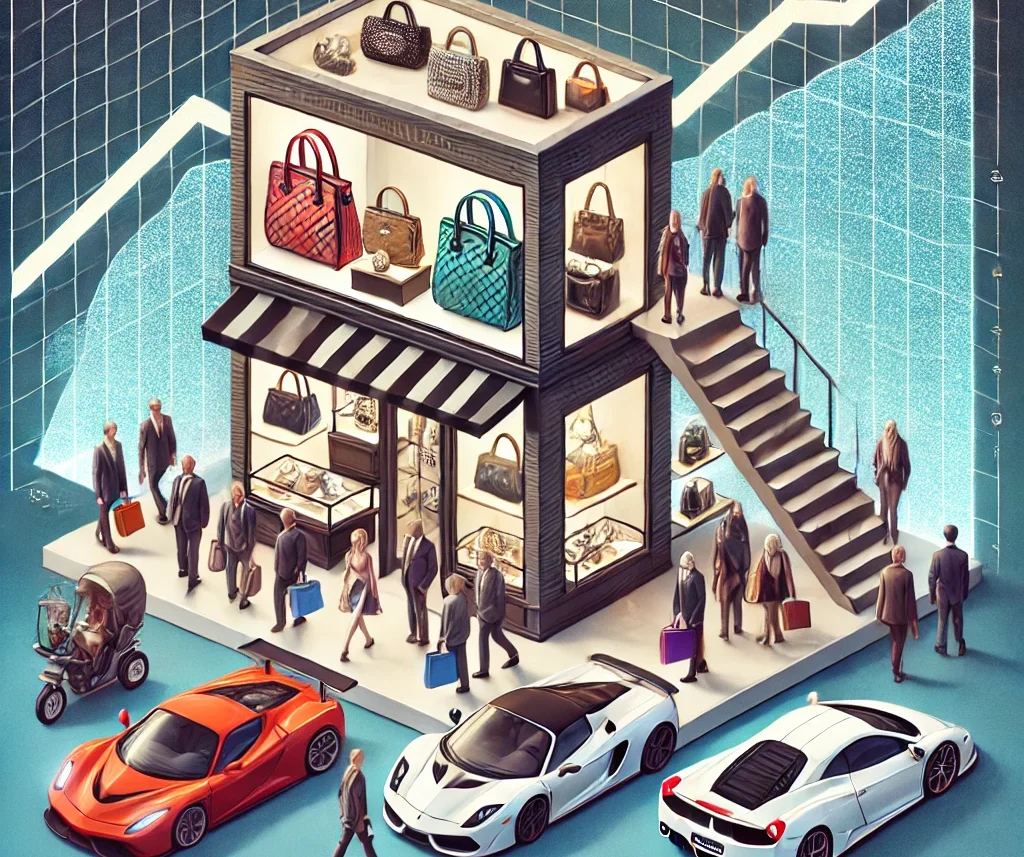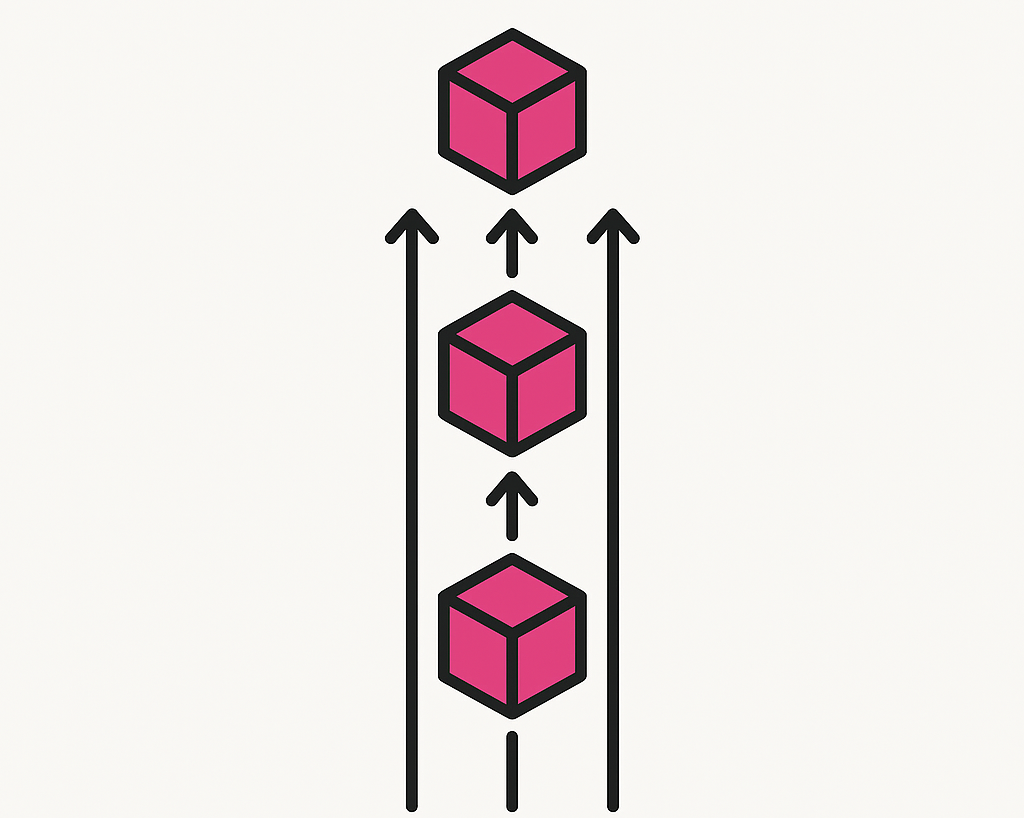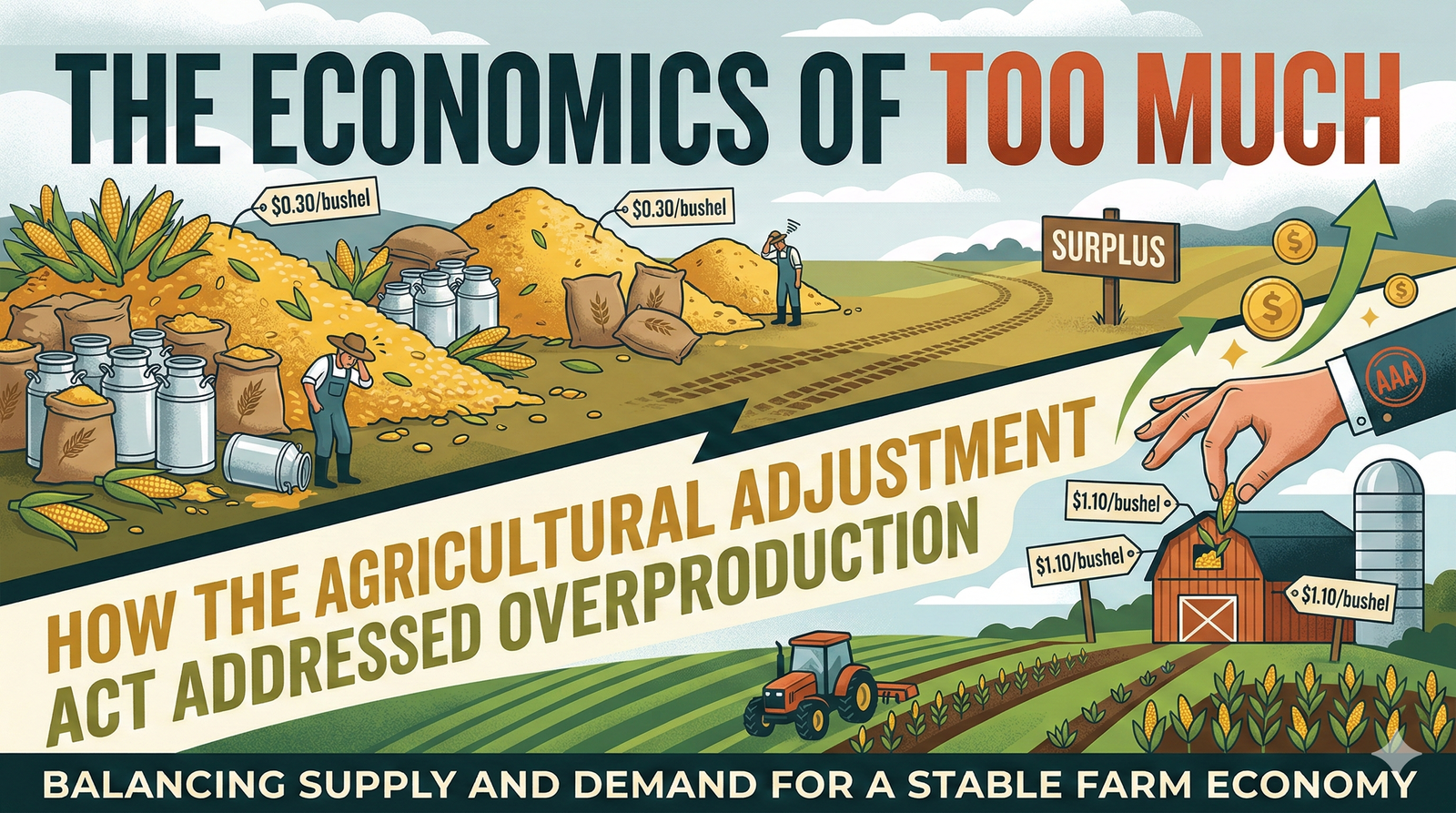
We often think it’s the big purchases—a car, a phone, a laptop—that wreck our wallets. But what if I told you the real budget-killer is sitting quietly in your hand every morning… your $5 latte?
Enter what’s known as the latte effect. The term was popularized by financial writer David Bach, who argued that spending $5 a day on coffee doesn’t seem harmful in the moment but adds up to over $1,800 in a year. Over decades, that could turn into tens of thousands of dollars if invested instead.
At its core, the latte effect isn’t about demonizing coffee runs. It’s about becoming aware of habits. Small expenses often fly under the radar because they feel insignificant. A subscription here, an impulse buy there, and suddenly your financial freedom feels more distant than it should. The “effect” works silently—what feels like pocket change today can snowball into a missed opportunity tomorrow.
The psychology behind it is fascinating. Our brains are wired to downplay small losses but exaggerate big ones. We’ll stress over a $1,000 laptop purchase but barely notice the daily $5-10 leak from our wallets. Behavioral economists call this “mental accounting”: the way we categorize money in our minds often blinds us to its true long-term impact.
But here’s the empowering part: recognizing the latte effect gives you a lever to pull. By simply trimming or redirecting small, regular expenses, you can unlock surprising savings. For example, swapping three café visits a week for home-brewed coffee could free up enough money to start an emergency fund, invest in stocks, or even fund a short trip. The point isn’t deprivation—it’s intentionality.
RELATED POSTS
View all


